How Long Does a PhD Program Usually Take?

The typical duration of a PhD program varies significantly by country, discipline, advisor, and individual circumstances. Most PhD programs last between 3 to 6 years, with the average being about 5 to 6 years in the United States and approximately 3 to 4 years in Europe, particularly the UK. Some programs may extend to 8 or 9 years in exceptional cases.
Duration of PhD Programs in the United States
In the US, PhD programs typically span 4.5 to 6 years, with averages varying by department and research group. Ten years ago, the standard duration was around 4.5 to 5.5 years. However, recent data shows some departments averaging closer to 5.7 years.
Research areas influence time to degree. For instance, experimental fields like materials chemistry often finish within 4.5 to 5 years. In contrast, computational disciplines sometimes extend toward 8 to 9 years due to the complexity of projects or advisor preferences.
- Most STEM PhD programs average 5 to 6 years.
- Non-STEM PhDs often take longer, commonly around 7 years.
- Exceptional students with strong time management and clear goals may complete in 4 years.
The extension beyond 6 years is often linked to advisor practices or unforeseen events such as laboratory renovations or global disruptions—COVID-19 being a recent example.
PhD Duration in the UK and Europe

European PhD programs generally run shorter than those in the US. The UK typically requires 3.5 to 4 years. Other European countries like Germany and Austria offer 4 to 5-year programs, although funding often only covers 3 or 4 years.
- Most European PhDs require a master’s degree before enrollment.
- EU Horizon projects emphasize structured, multicultural approaches with a maximum duration of 3 to 4 years.
- Many students complete their PhD without incurring student debt because they receive stipends or salaries.
This shorter duration contrasts with US programs that often incorporate 1 to 2 years of coursework before research, sometimes conferring a master’s degree upon passing qualifying exams.
Factors Influencing PhD Program Length
Advisor Quality

The relationship with an advisor greatly impacts completion time. Some advisors allow students to graduate earlier, while others may retain students for 8 to 9 years. Talking to current and former students reveals typical advisor behaviors, giving prospective candidates realistic expectations.
Research Area
PhD length varies by specialization. Experimental fields with tangible lab work might have unpredictable setbacks, extending timelines. Computational or theoretical work may take longer due to the nature of data analysis and model development.
External Circumstances
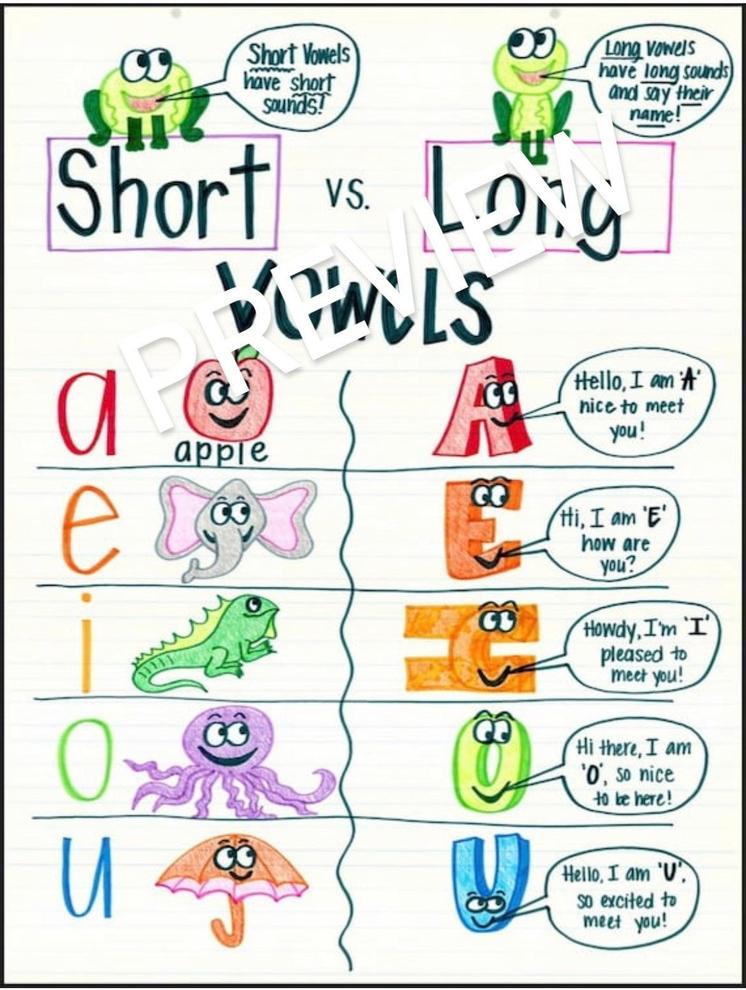
Unexpected factors such as lab renovations, social disruptions, or pandemics can delay progress. For instance, COVID-19 pandemic restrictions have added months or years to some students’ completion times.
Personal Work Ethic and Goals
Completion speed depends on dedication and clarity of goals. Efficient time management and upfront communication with advisors about desired graduation timelines can drastically reduce program length.
Funding and Contract Terms
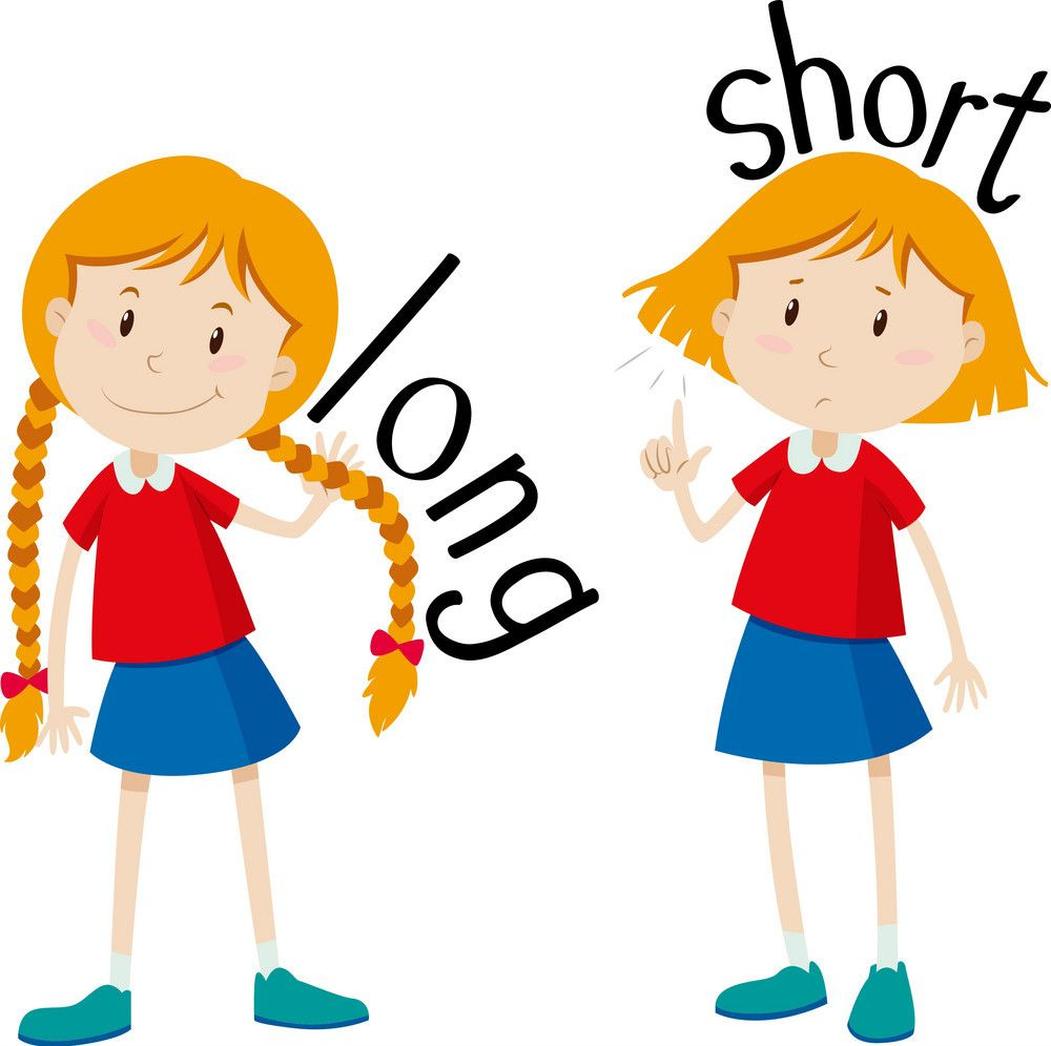
In many regions, PhD funding relates closely to contract length. For example, German and Austrian contracts often specify a 3 or 4-year funding period, affecting program duration. The funding limit creates pressure to finish on time, as supervisors cannot extend contracts indefinitely.
Additional Considerations
- In the US, students often complete significant coursework in the first 1 to 2 years.
- Passing the qualifying exam usually awards a master’s degree option, allowing students to leave if desired.
- Graduating mid-academic year may introduce challenges in job searching.
Summary Table: Typical PhD Duration by Region
| Region | Typical Duration | Notes |
|---|---|---|
| United States | 4.5 – 6 years (average ~5.5 years) | Includes 1-2 years coursework; duration varies by advisor and discipline; some up to 9 years |
| United Kingdom | 3.5 – 4 years | Usually requires prior master’s degree; generally funded positions |
| Europe (e.g., Germany, Austria) | 3 – 5 years | Funding typically 3-4 years; duration influenced by contract length |
Key Takeaways
- PhD durations vary widely, averaging about 5-6 years in the US and 3-4 years in Europe.
- Advisor quality and research area are major factors affecting completion time.
- External disruptions and funding limits influence program length.
- Careful planning and communication can reduce time to graduation.
- European programs often require a master’s degree before PhD enrollment, unlike many US programs.
- Some programs, particularly in computational fields or under less supportive advisors, may extend beyond 7 years.
How Long Does a PhD Program Usually Take? The Real Deal Behind the Timeline
So, how long does a PhD program usually take? In the US, you’re looking at around 5 to 6 years on average. But before you start marking your calendar, let’s unpack the story behind these numbers. It’s not just about the ticking clock. Many factors play a role in stretching or shortening your PhD journey.
Ready for a dive into the diverse timelines, quirky exceptions, and practical tips on managing your PhD duration? Buckle up; this isn’t your typical “it depends” answer.
A Typical PhD Journey in the US: Five to Six Years on Average
Ten years ago, PhDs in the US usually took about 4.5 to 5.5 years. That still holds for many, but averages have crept closer to 5.7 years in some departments, thanks to a handful of professors who keep students going beyond the usual finish line—sometimes lasting as long as 8 or 9 years.
Take materials chemistry, for example. Many groups wrap up in around 4.5–5 years, showing this field can be a bit quicker on the draw. Meanwhile, computational groups might linger near 9 years. That’s quite the commitment!
Experienced PhD students often report that 4 years is a rare, almost mythical minimum, usually achievable only if you have excellent time management, a supportive advisor, and good fortune with your research. Expect 5 to 6 years as the standard timeframe. STEM fields tend to stay on the shorter side, while some non-STEM disciplines can stretch to 7 years.
Europe’s PhD Scene: Quicker, More Structured, and Often Well-Funded
Now, hop across the pond. In the UK and much of Europe, PhD programs typically last 3 to 4 years. That’s quite a jump from the US average! Many European programs require a master’s degree before starting the PhD, which partly explains the shorter PhD phase itself.
For instance, Germany and Austria expect PhDs to take about 4 to 5 years, though funding usually covers only 3 to 4 years. So students either wrap up early or find creative ways to extend their stay. Many EU projects, such as those under Horizon Europe, cap their funding at 3-4 years, making these programs highly structured. The upside? You get multicultural environments and often no student debt—because you’re paid during your studies.
Factors That Influence PhD Duration (The What and Why!)
Why do some students finish earlier, while others feel stuck in thesis purgatory? It’s rarely a simple yes-or-no answer. Here are key influencers:
- Advisor Quality: Your supervisor likely shapes your PhD timeline more than anything. If all the advisor’s students are PhD veterans going into year 7 or 8, that’s a red flag. Finding the right advisor is like finding the right dance partner—you need chemistry.
- Research Area: Some fields take longer. Computational groups, complex lab work, or experimental sciences prone to delays stretch the clock. For example, synthetic chemistry labs may face unexpected setbacks like renovation pauses or pandemic shutdowns, pushing duration beyond six years.
- Personal Work Ethic and Goals: Are you part of the “finish fast” club or aiming to soak up every learning opportunity? Managing time smartly and setting a clear end goal can shave off crucial months or even years.
- External Circumstances: The pandemic, lab shutdowns, or personal obstacles can throw off even the most well-planned schedules.
- Funding and Contracts: In some countries, you sign a contract with a clear end date. Your supervisor can’t legally keep you past that, unlike elsewhere where funding limitations or departmental culture might stretch timelines.
The PhD Structure: What’s the Process and How Does It Affect Time?
In the US, the first couple of years focus heavily on coursework and passing exams — often called the qualifying or comprehensive exams. Passing these usually grants a master’s degree, and some students use that as an exit point if a full PhD isn’t for them.
Graduating in the middle of an academic year can complicate your job hunt unless you plan accordingly. Timing matters not just for finishing your degree but also navigating the post-PhD world.
Extended Duration Cases: When Nine Years Or More Happens
The above averages don’t tell the full story. Some students remain enrolled for 7, 8, or even 9 years. Why? Sometimes professors hold onto students longer than necessary. Other times, complex computational or longitudinal projects require that sort of marathon endurance.
For example, a biophysics PhD might drag on to 8 years, especially when delays such as the COVID-19 pandemic happen. If you hear about someone who “just keeps going,” this may be why.
What Should You Do If You Want to Finish Quickly?
Want to beat the average? Here are some actionable tips:
- Choose your advisor carefully. Ask their current students how long they’ve been around. This intel is gold.
- Pick a research area that suits your pace. Experimental work needing countless iterations will slow progress, while some computational projects might wrap faster—or longer, so ask around.
- Be upfront with your advisor about your goal to finish early. Clear communication aligns expectations.
- Manage your time well. Set milestones to keep your research moving and avoid endless “analysis paralysis.”
- Stay flexible but proactive—unexpected hurdles will pop up, but how you respond makes all the difference.
Why Does Any of This Matter?
Understanding PhD timelines can help you make informed decisions before committing years of your life. It also helps set reasonable expectations for yourself and others. Remember, a PhD isn’t just a degree; it’s a journey shaped by your field, advisor, dedication, and a bit of luck.
“It’s done when it’s done, there is no escape until it’s done.”
That said, knowledge is power. By knowing typical durations, causes for delay, and how to strategize your approach, you gain control over what might feel like an unpredictable marathon. Use this insight to plan wisely, keep your eyes on the prize, and maybe, just maybe, finish your PhD closer to the 4 or 5 years mark rather than bouncing around in the 7 or 9-year twilight zone.
Now the real question: How long will you take? And more importantly, how will you make those years count?
How long does a typical PhD program take in the US?
Most PhD programs in the US take about 5 to 6 years. Some areas, like materials chemistry, may finish closer to 4.5 to 5 years. Few cases extend to 8 or 9 years, often depending on the advisor or research type.
Why do some PhD programs last much longer than average?
Extended durations often result from advisors holding students longer or from certain research fields, like computational work, that can take up to 9 years. Unplanned events like lab shutdowns or pandemics can also slow progress.
How long do PhD programs last in the UK and Europe?
UK PhDs usually take 3.5 to 4 years. In Europe, duration varies by country but often falls between 3 and 5 years. Many European programs require a prior master’s degree, which differs from the US system.
What factors influence how long a PhD will take?
Key factors include the quality of your advisor, research area, work ethic, and external events. Funding length and contract terms also play a role. Clear goals and advisor communication can shorten the timeline.
Can a PhD be completed in less than 5 years in the US?
Yes, finishing in about 4 years is possible but rare. It requires strong time management, selecting the right advisor and project, and being open with your advisor about your timeline goals.
Does funding affect the length of a PhD program?
Yes. In places like Germany and Austria, funding often lasts 3 to 4 years, which can pressure students to finish faster. In the US, contract length and funding can define how long you stay enrolled.


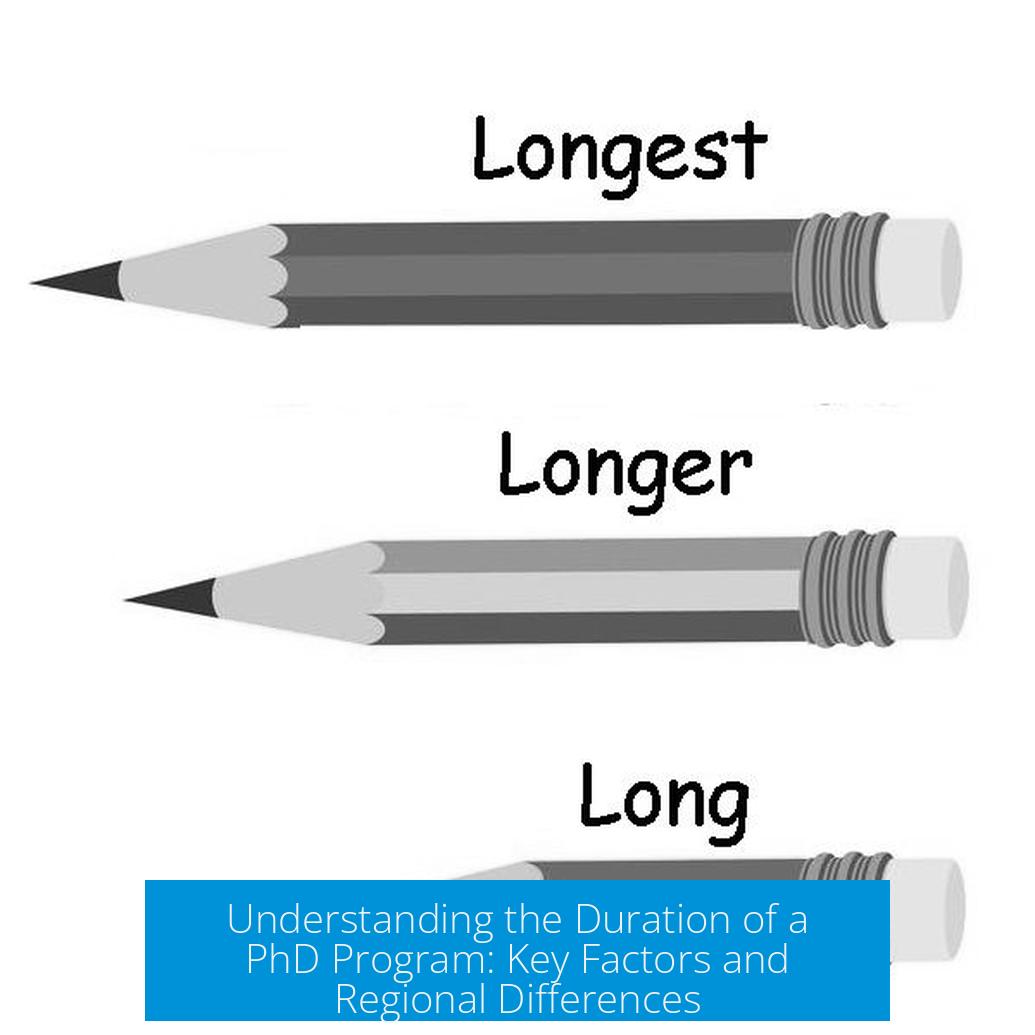
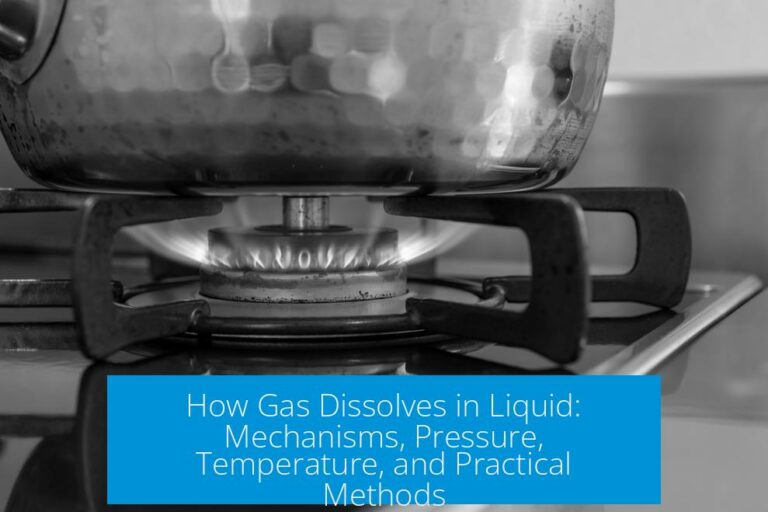
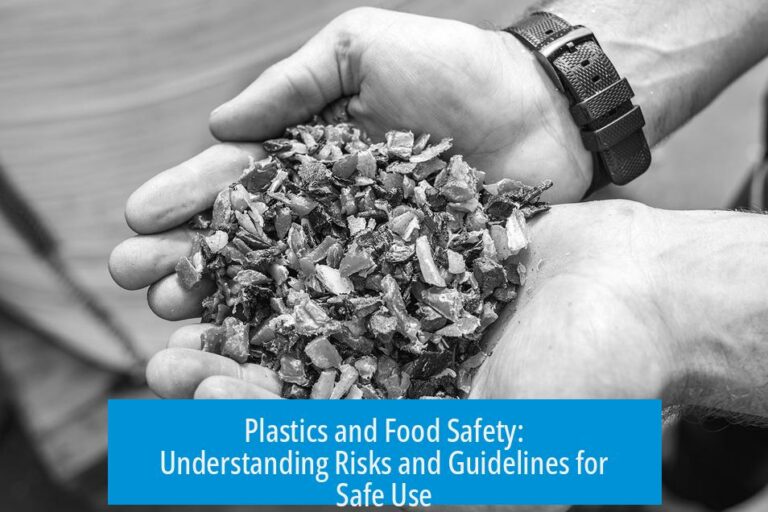
Leave a Comment